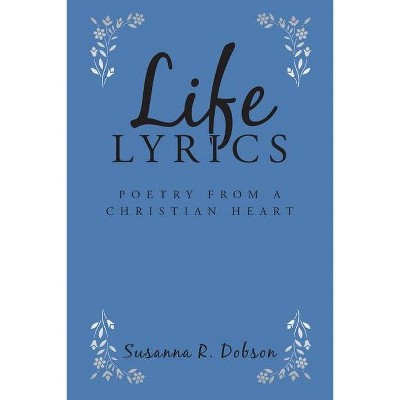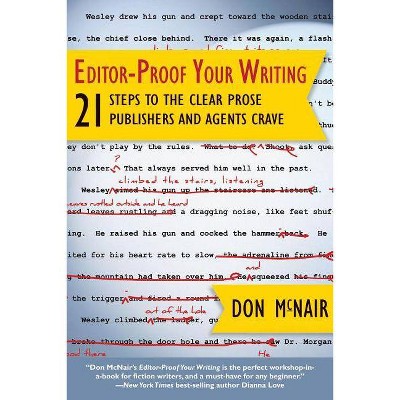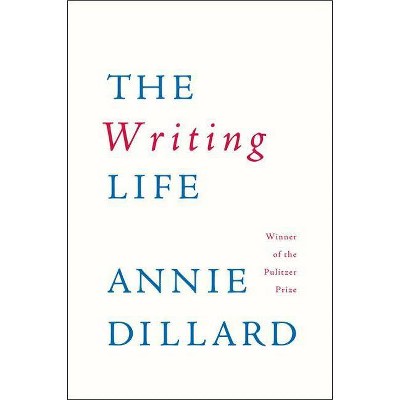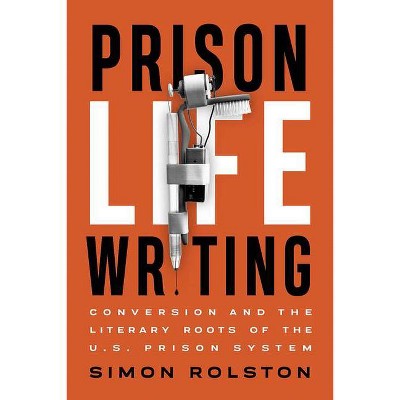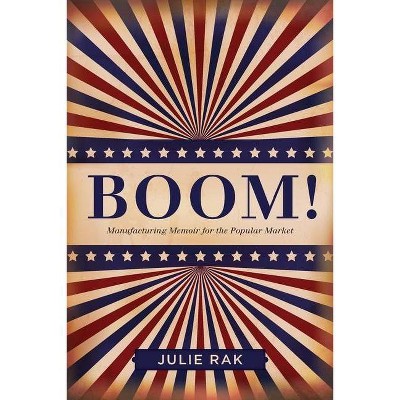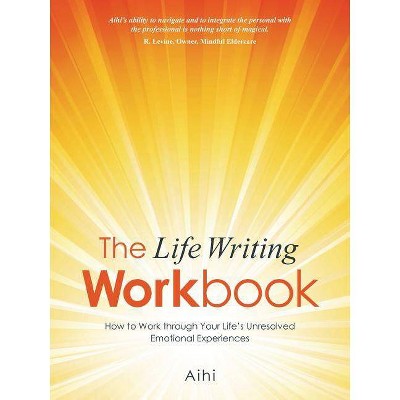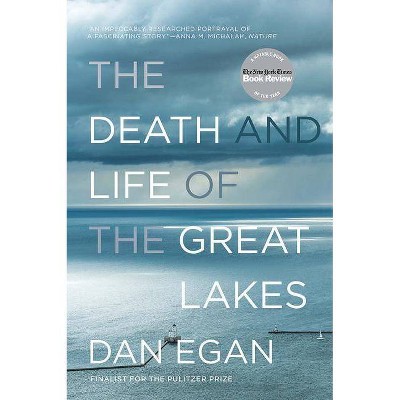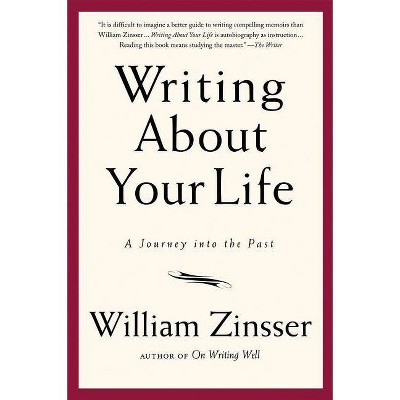Burdens of Proof - (Life Writing) by Susanna Egan (Paperback)
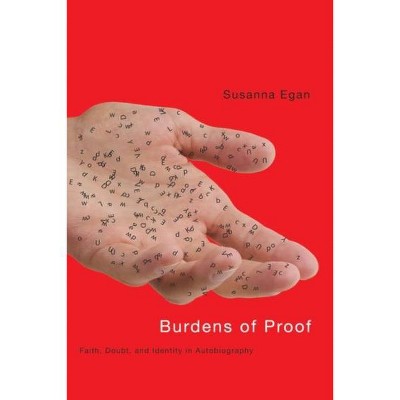
Similar Products
Products of same category from the store
AllProduct info
<p/><br></br><p><b> Book Synopsis </b></p></br></br><p> Autobiographical impostures, once they come to light, appear to us as outrageous, scandalous. They confuse lived and textual identity (the person in the world and the character in the text) and call into question what we believe, what we doubt, and how we receive information. In the process, they tell us a lot about cultural norms and anxieties. <i>Burdens of Proof: Faith, Doubt, and Identity in Autobiography</i> examines a broad range of impostures in the United States, Canada, and Europe, and asks about each one: Why this particular imposture? Why here and now? </p> <p> Susanna Egan's historical survey of texts from early Christendom to the nineteenth century provides an understanding of the author in relation to the text and shows how plagiarism and other false claims have not always been regarded as the frauds we consider them today. She then explores the role of the media in the creation of much contemporary imposture, examining in particular the cases of Jumana Hanna, Norma Khouri, and James Frey. The book also addresses ethnic imposture, deliberate fictions, plagiarism, and ghostwriting, all of which raise moral, legal, historical, and cultural issues. Egan concludes the volume with an examination of how historiography and law failed to support the identities of European Jews during World War II, creating sufficient instability in Jewish identity and doubt about Jewish wartime experience that the impostor could step in. This textual erasure of the Jews of Europe and the refashioning of their experiences in fraudulent texts are examples of imposture as an outcrop of extreme identity crisis. </p> <p> The first to examine these issues in North America and Europe, <i>Burdens of Proof</i> will be of interest to scholars of life writing and cultural studies.<p/><br></br><p><b> Review Quotes </b></p></br></br><br>``Egan writes eloquently of the faith that we necessarily invest in our reading, and of the doubt that potentially cripples our understanding of life writing. Her obviously well-researched study, laden with secondary resources and theoretical references, is an astute and concise insight into the literal nature of truth.... An unusually lively reading.... Her book fills a gap left by other life writing research which has been oddly reluctant to devote an entire study to this fascinating sub-genre. <i>Burdens of Proof</i> is essential reading for those studying life writing.''--Adam Quinlivan "Literature in North Queensland, Volume 39, 2012"<br><br>``In her brilliant new book <i>Burdens of Proof</i>, Egan, recently retired from teaching English at the University of British Columbia and long one of our most astute and consistently engaging critics of autobiography, has addressed in a fascinating, comprehensive way just what is at stake historically--but especially for contemporary readers--in the prevalent dangers of literary imposture. Ranging from the Bible to the recent scandals of Benjamin Wilkomirski and James Frey, and anatomizing such variants of literary imposture or the appropriation of another's identity as ghost-writing, plagiarism, ethnic and racial fraud, and the fabrication of experiences to create a false self, Egan analyzes more fully and extensively than anyone else has the nature of literary deception and its reception, especially how impostors rely on cultural values endorsed by readers that make them particularly susceptible to these impostural practices.... Egan does not regard herself as someone who takes pleasure in exposing impostors; that is scarcely her task in this finely tuned book. Rather she reveals how the very equivocal nature of autobiography--the way textual and personal identity can become confused or can split apart from each other--opens up a space impostors readily occupy, utlizing the problematics of the genre to trade upon our trust and perhaps more insiduously believing in the chimerical truth of what they report even as they harbor secrets they must work to protect and defend.... For so carefully and elegantly setting out the terms and implications of all literary imposture, we are in Susanna Egan's debt. Knowing the value and necessity of truthful and authoritative personal stories, she has written a book of rare intelligence and moral perspicacity.''--Roger J. Porter "a/b: Auto/Biography Studies"<br><br>``It is in these areas of autobiography where Egan's expertise in the field is apparent--discussing how imposture serves as a political weapon, and ultimately revealing the context from which it arises and grows within the culture. The reader gleans a clearer understanding of how imposture works to both create and destroy stereotypes, cultural blind spots, and our collective desires. The reader often sympathizes with the phony and the duped, as Egan taps into the common desire to test our identities, to play with our own stories. Whether she is discussing Andreas Karavais, the whimsical, albeit imaginary, Greek poet, or the unfortunate timeliness of Jumana Hanna and Norma Khouri's (real name Norma Toliopolous) stories of Muslim women needing Western rescue, the cultural acceptance and perpetuation of the dubious need to satisfy common desires and assuage common fears is well noted.... What kinds of cultures accept and celebrate what kinds of stories? And who gets to tell them? Through this lens, as Egan shows, a complex world of faith, doubt, and identity unravels.''--Meghan Rosatelli "Biography, 34.4, Fall 2011"<br><br>``Why do we still believe in autobiography in this post-hoax era? Why do readers, <i>en masse</i>, continue to succumb to hoaxes, believing in fraudulent texts and authors? The hoax has fascinated many life-writing scholars in recent years with the publication of a plethora of articles, book chapters, and journal issues on autobiographical hoaxes, particularly in relation to legal, ethical, and moral standards. Susanna Egan's <i>Burdens of Proof: Faith, Doubt, and Identity in Autobiography</i> is, however, the first full-lenghth exploration on this subject.... Egans covers a lot of ground; however, her chosen foci are explored with great attention--offering a depth of discussion that is impressive for a single book.... Egan's arguments here are topical and consistently persuasive. The strength of this book lies in Egan's expansive knowledge of life-writing scholarship. As one of the pioneers of contemporary life-writing theory, Egan seamlessly integrates the theories of her life-writing peers with her own hypotheses to produce sophisticated and thoughtful inquiries.... <i>Burdens of Proof</i> is an intriguing study which will be of interest to scholars and students of life-writing and contemporary literary studies in particular. As always, Egan's prose is what academic writing should be: sophisticiated and challenging whilst clear and accessible. Egan writes about what is both topical and intellectually exigent. She reminds us of the continuing relevance of autobiography to our everyday lives and cultures.''--Kate Douglas "Canadian Literature, 214, Autumn 2012"<br><br>``In this compelling study of the representation and reception of fraudulent identities, Susanna Egan offers a subtle and intelligent reading of the ways in which histories of faith and doubt inform autobiographical practices. Tracing the problematics of ascription, plagiarism, ghosting, invention, or theft in different historical and political climates and across a variety of material cultures, <i>Burdens of Proof</i> provocatively asks readers to extend autobiography's claims to self and truth to themselves. Egan's enthusiasm for her topic is contagious and, as usual, masterfully complemented with an acute understanding of the workings of autobiography as well as its very real impact on our lives.''--Nancy Pedri<br>
Price History
Price Archive shows prices from various stores, lets you see history and find the cheapest. There is no actual sale on the website. For all support, inquiry and suggestion messagescommunication@pricearchive.us
